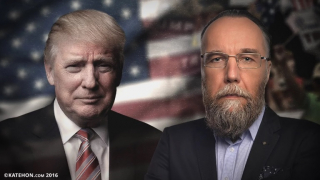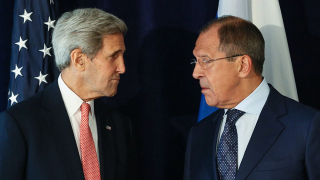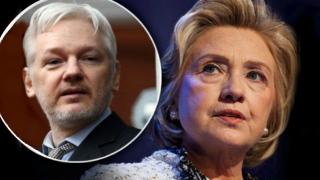Voir aussi
01.09.2016
Les documents concernés dans l'ordonnance rendue le lundi 22/08 par le juge James Boasberg seraient différents des 55.000 pages déjà remises par...
28.09.2016
Ce devait être un débat agité et tendu, ca n’a pas raté. Pour la première opposition entre le candidat républicain Donald Trump et la championne...
06.12.2016
Les États-Unis ont déclaré aujourd’hui leur volonté de retirer les propositions présentés le 2 décembre portant sur la régularisation de la situation...
27.07.2016
Les événements sportifs internationaux sont des rendez-vous politiques comme peuvent l’être les expositions universelles. Les équipes du monde entier...
11.11.2016
Ces jours-ci, il est à peine possible de discuter sérieusement n’importe quel sujet à part la victoire magnifique de Donald Trump et la défaite...
12.09.2016
Après avoir passé presque deux heures à Ground Zero pour les commémorations du 11 septembre 2001, celle qui brigue la maison blanche lors de la...
18.11.2016
Un entretien entre le ministre des affaires étrangères de la Russie Sergueï Lavrov et le secrétaire d’État américain John Kerry a été tenu au Pérou...
23.11.2016
Donald Trump envisage la candidature de l’actuelle congressiste Tulsi Gabbard, connue pour son opposition à la politique de changement du pouvoir en...
19.10.2016
Et c’est reparti pour les mails. Décidément la candidate démocrate et son camp ne sont pas à l’aise avec leurs messageries électroniques… L’...
23.07.2016
Jusqu’où ira Hillary Clinton pour accéder à la Maison-Blanche et que pourrait-on attendre de son éventuelle présidence? Nous avons posé la question à...
24.08.2016
Breizh-info.com : que pensez vous de l’annonce faite par l’Allemagne à sa population de l’obligation de stocker vivres et eau ? Est-on proche d’un...













